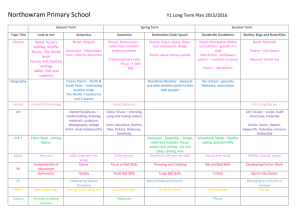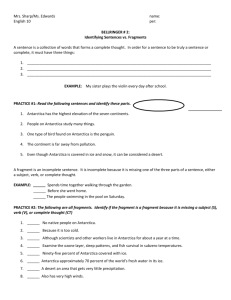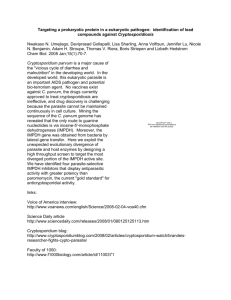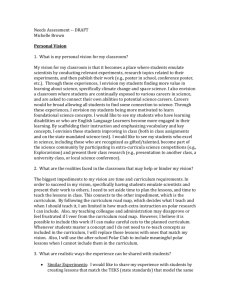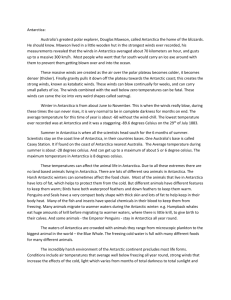Table S1. Number of contigs containing rRNAs and tRNAs in each
advertisement
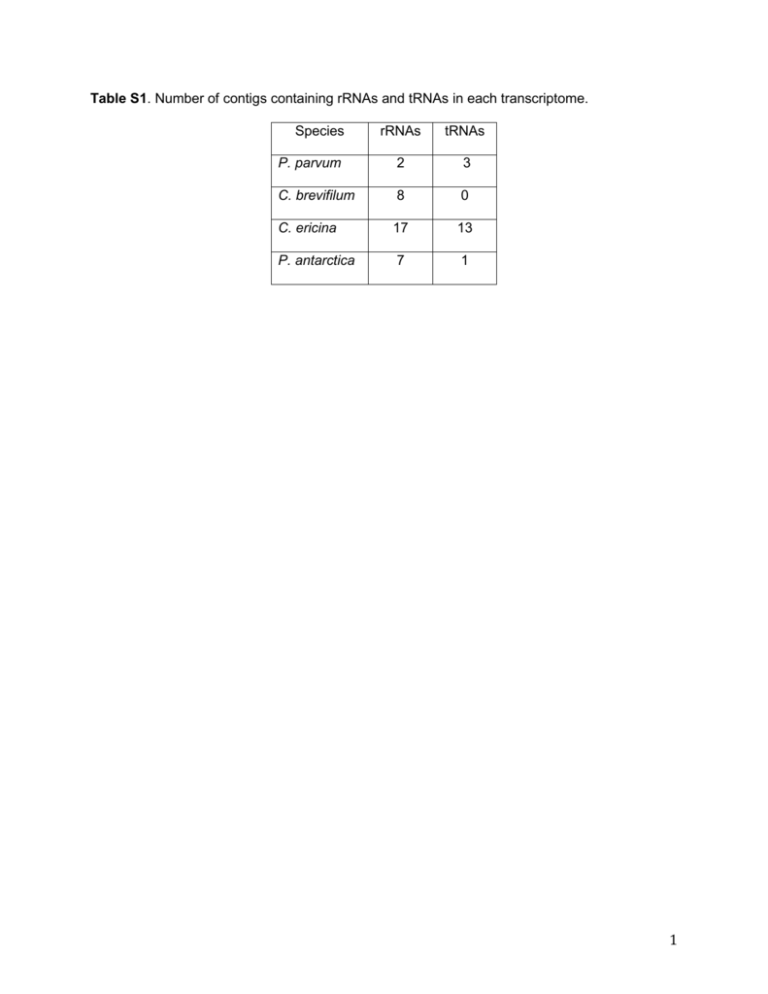
Table S1. Number of contigs containing rRNAs and tRNAs in each transcriptome. Species rRNAs tRNAs P. parvum 2 3 C. brevifilum 8 0 C. ericina 17 13 P. antarctica 7 1 1 Table S2. Predicted proteins related to cobalamin biosynthesis. METH: B12-dependent methionine synthase; MCM: methylmalonyl-CoA mutase; CobB: cobyrinic acid a,c-diamine synthase; CobNST: CobN subunit of cobaltochelatase; CobW: protein putatively involved in cobalamin biosynthesis but its specific catalytic role is unclear. ORF Annotation P. parvum 6621_1 METH 5553_1 MCM 19779_1, 17579_1 CobW C. brevifilum 63818_1 METH 109570_1 MCM 26401_1, 110009_1, 78490_1 CobW 13986_1 CobB C. ericina 13279_1, 32542_1 METH 29808_1 MCM 35493_1, 40785_1, 50658_1, 16219_1, 10713_1, 45973_1, 26167_1, CobW 3438_1, 2169_1, 38987_1 39377_1 CobNST P. antarctica 27826_1, 46214_1, 11053_1 METH 38804_1, 38597_1, 46771_1 MCM 24567_1, 7519_1, 17091_1, 24039_1, 41170_1, 28986_1 CobW 35735_1 CobNST 2 Table S3. Proteins containing polyketide synthase ketosynthase (KS) domains. Protein ID Species PKS domains 18839 P. parvum KS 2015 P. parvum KS 26981 P. parvum KS 30494 P. parvum KS 7797 P. parvum KS 106225 C. brevifilum KS, KR, PP 106729 C. brevifilum KS, DH, KR, PP 107078 C. brevifilum KS, PP, KR 107100 C. brevifilum KS, PP 4093 P. antarctica KS, PP 15245 P. antarctica KS 23625 P. antarctica KS 4182 P. antarctica KS 49699 P. antarctica KS 54160 P. antarctica KS 3 Table S4. Results of the non-parametric Krustal-Wallis tests for each KOG function. The influence of phylogeny and trophic mode was tested independently with a non-parametric Krustal-Walis test followed by a Steel-Fligner test if significant differences were observed. All calculations done with XLSTAT (v.2013.06.04, Adinsoft TM) with an alpha of 0.01. Two data sets were used in this statistical analysis: (1) a dataset with most of the species present in Figure 4 but for the Mycetozoa D. purpureaum, the Choanoflagellate M. brevicollis and the Rhodophyte C. merolae due to statistical reasons; and (2) a reduced dataset considering only the Stramenopiles and Prymnesiophyta. Abreviations as follows: NS, not significant; YES, significant difference detected. Original dataset KOG Phyla Type A NS NS B YES NS C YES NS D YES NS E NS NS F NS NS G YES NS H YES NS I YES NS J NS NS K YES YES L YES YES M YES NS N NS NS O YES NS P NS NS Q NS NS R NS NS T NS NS U YES NS V NS NS W NS NS Y YES NS Z NS YES Reduced dataset KOG A B C D E F G H I J K L M N O P Q R T U V W Y Z Phyla NS NS NS NS NS NS NS NS NS NS NS NS NS NS NS NS NS NS NS NS NS NS NS NS Type NS NS NS YES NS NS YES YES NS NS YES NS NS NS NS NS NS NS NS NS NS NS NS NS 4 Figure A. Key components of the thiamine biosynthesis pathway. Colored squares represent presence in Prymnesium parvum (brown), Chrysochromulina brevifilum (red), Chrysochromulina ericina (blue), and Phaeocystis antarctica (green). In some organisms, the functionalities of THID and ThiE are combined into a single enzyme, such as ThiDE. Abbreviations: HMP-P, 4-amino-2-methyl-5-hydroxymethylpyrimidine phosphate; HMP-PP, 4amino-2-methyl-5-hydroxymethylpyrimidine pyrophosphate; HET-P, hydroxyethylthiazole phosphate; DXP, 1-deoxy-D-xylulose 5-phosphate. 5


